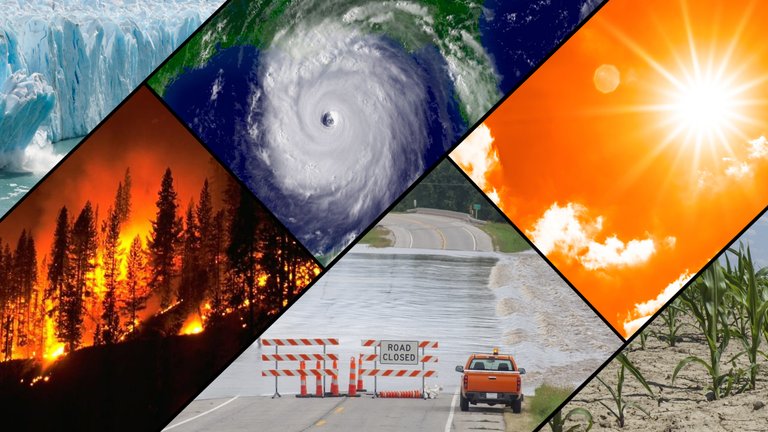Climate change is a pressing issue that affects every aspect of our lives. From natural disasters and rising sea levels to the loss of biodiversity and changes in weather patterns, the impacts of climate change are far-reaching and often devastating. But one aspect of climate change that is often overlooked is its psychological toll on individuals and communities. The wounds of climate change can be seen in the mental health struggles of those who have experienced loss, trauma, and displacement as a result of these environmental changes.
One of the most significant psychological impacts of climate change is the loss of homes and communities. As sea levels rise and natural disasters become more frequent, many people are forced to leave their homes and communities behind. This can be a traumatic experience, as people are often forced to leave behind everything they know and love. The loss of a home can be particularly devastating for those who have lived in the same place for their entire lives and have strong emotional ties to their community.
The trauma of displacement can also lead to feelings of grief and loss. For many people, their home is more than just a physical structure; it is a place where they have built their lives and made memories. Losing a home can feel like losing a part of one's identity and can be a deeply distressing experience.
Climate change can also lead to the loss of livelihoods. As natural disasters become more frequent, many people are unable to work or provide for their families. This can lead to feelings of hopelessness and despair, as people struggle to make ends meet in the face of such overwhelming challenges.
The loss and trauma caused by climate change, many people also experience feelings of anxiety and stress. The uncertainty of what the future holds can be a source of constant worry, as people try to plan for a future that may be vastly different from what they have known. The constant threat of natural disasters can also lead to feelings of fear and anxiety, as people worry about their safety and the safety of their loved ones.
The psychological wounds of climate change can also be seen in the mental health struggles of those who have experienced the direct impacts of these environmental changes. For example, people who have survived natural disasters may suffer from post-traumatic stress disorder (PTSD) and other mental health issues. The trauma of experiencing such a disaster can be overwhelming, and many people may struggle to cope with the psychological aftermath.
The psychological impacts of climate change can also be seen in the mental health struggles of those who are working to address these issues. Climate change activists and scientists may experience feelings of despair and hopelessness as they witness the continued destruction of the planet and the failure of governments and societies to take action. This can lead to feelings of burnout and a sense of helplessness in the face of such a vast and complex problem.
The wounds of climate change are deep and far-reaching, and they touch every aspect of our lives. From the loss of homes and communities to the trauma of displacement and the mental health struggles of those who have experienced the direct impacts of these environmental changes, the psychological toll of climate change is significant. It is important that we recognize and address these wounds as we work to address the issue of climate change and build a more sustainable and equitable future for all.
